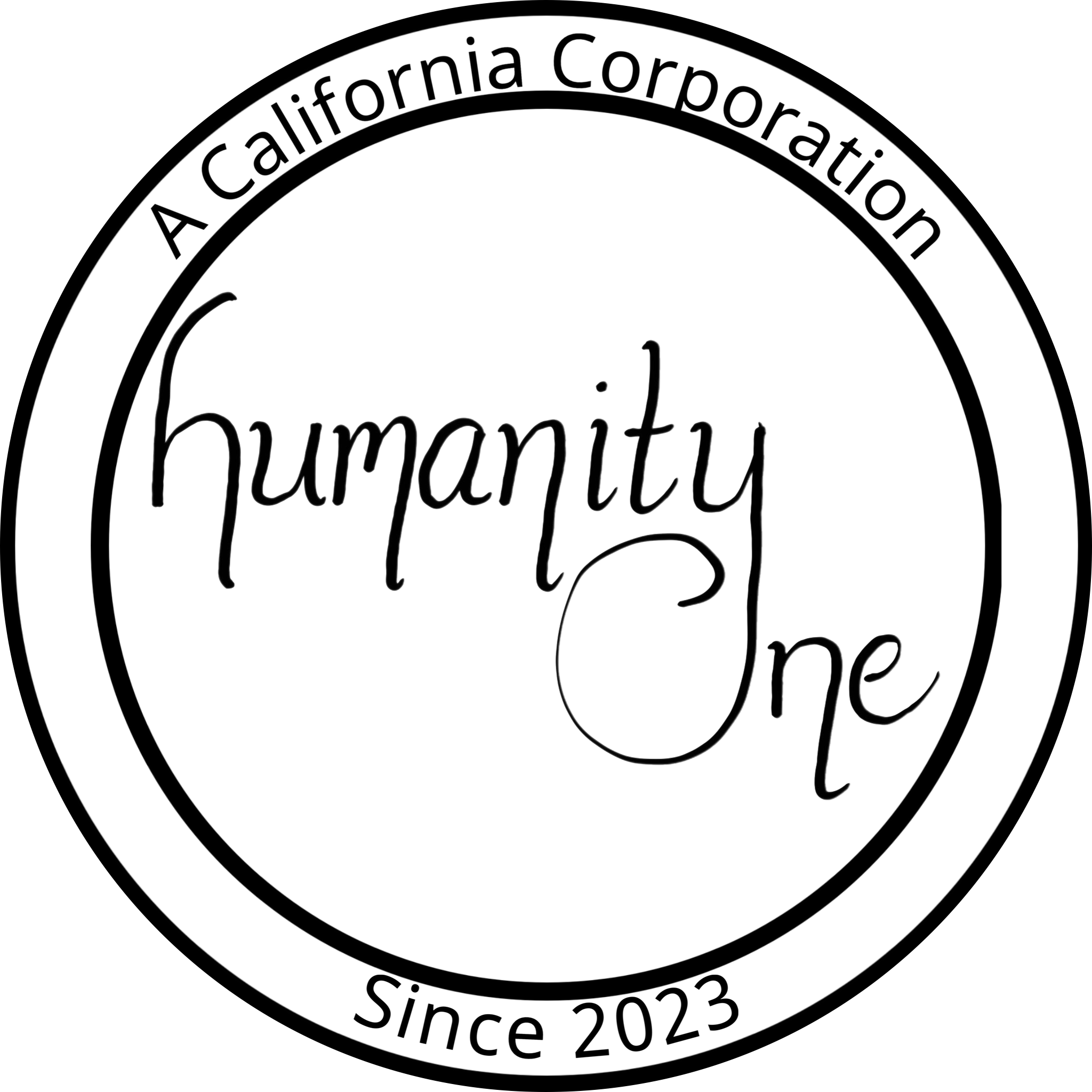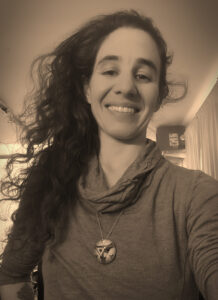When I was a little girl, my mother used to call me the “Maytag repairman” because I was always taking things apart, trying to see how it worked, and putting it back together. I was always looking at things that weren’t working properly and trying to figure out what the problem was and how to fix it.
It wasn’t until many years later, though, that I began to learn about tools. And it wasn’t until recently that I became proficient with not only power tools but with operating heavy equipment.
That changed everything.
I realized that tools don’t just make new things possible — they change the way you think. I started learning how to use a wrench, a saw, a drill, or a backhoe, and it rewired my brain. I stopped looking at the world as something that happened to me and started seeing it as something I could shape.
I don’t just mean that I could dig a trench or move a pile of rock. I mean it changed the way my mind moves. It gave my thoughts weight and direction.
The ground beneath my feet wasn’t fixed anymore — it could be dug, graded, leveled, built upon. And that shift — from observation to engagement — felt spiritual. Because for the first time, I saw clearly that human beings were never meant to be passive. We were designed to participate.
Before, when something wasn’t working — in life, in a project, in a system — I’d mostly just feel frustration. I knew it could be better, and I might have tried or even partly succeeded in fixing it, but I didn’t really know what was possible.
Now, when I see something that’s broken, I see process— method, not mystery. And that’s not just mechanical, that’s spiritual.
There’s a special thing that happens when you pick up the right tool and realize: “Oh… it wasn’t impossible. I just didn’t have what I needed yet.” That realization reshapes more than your project — it reshapes you. It breaks the illusion of helplessness.
I think that’s what tools really are — the antidote to helplessness. They bridge the gap between intention and impact. Between wanting something fixed and making it so.
The more I worked, the more I understood that not all tools are made of metal; once you begin to see life that way, you start noticing tools everywhere. Some are internal — and they take just as much learning. Patience. Introspection. Research. Mindfulness. Focus. You can’t build anything meaningful without those. They’re what keep your power from turning reckless, and your effort from turning wasteful.
Every problem, every relationship, every system in our world needs both sets of tools: the external ones that move material, and the internal ones that move spirit. One without the other collapses.
And you start to understand that “tool use” isn’t limited to building things — it’s how we participate in creation.
It’s the language of partnership with G-d. He gives us raw material — earth, metal, breath, thought — and says:
Shape it. Bring it into order. Make it useful. Make it beautiful.
The first time I operated heavy equipment, I felt that partnership in my bones. The ground beneath me literally moved. And in that moment, I understood something ancient: we were meant to engage with the world, not escape it. We were meant to move the soil, plant the seed, build the shelter, clear the rubble — not just physically, but spiritually. To participate in repair.
Once you’ve felt that, you can’t unsee it. You start recognizing where else the tools belong — in your relationships, in your habits, in the way you speak and listen and make decisions. And you realize: most of what’s “broken” in this world isn’t beyond repair. It’s just waiting for people willing to learn what tool fits the job.
That’s why I believe tools are holy. Not because they’re sacred objects, but because they awaken sacred capacities. They remind us that G-d didn’t give us a finished world — He gave us a fixable one. And every time we learn a new way to build, mend, or restore, we honor that gift.
The world needs craftspeople — people who can look at what’s broken and ask “What does this require?” “What tool belongs in this hand?” “What can I build, right here, right now, with what I have?”
So this is a call — not just for women to learn new tools, but for everyone to learn new ways of building. For men to pick up the tools of reflection and restraint. For women to claim the tools of creation and command.
For all of us to look at the situations in front of us — whether that’s a broken system, a strained relationship, a piece of land, or an old belief — and start working on it.
Because when you have the right tools, you stop feeling powerless. You stop feeling like things are too big, too late, too far gone. You start seeing that repair is possible. That improvement is possible. That the world, and everything in it, is still malleable in the hands of those willing to do the work. And that’s sacred. That’s partnership with creation itself.
So may we keep learning. May we teach one another the tools we know — the tangible and the unseen. May our hands grow skillful, our hearts grow wise, and our will stay steady. Because this world isn’t finished yet. And G-d is still handing out tools.
Amen.


